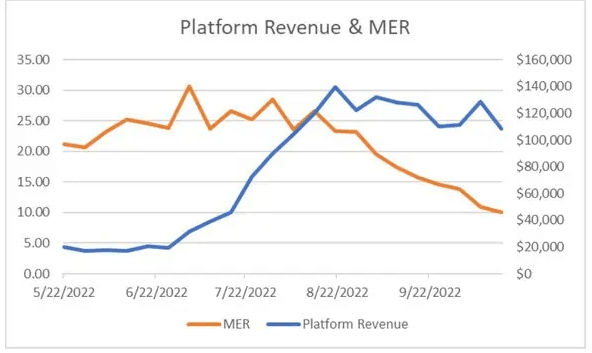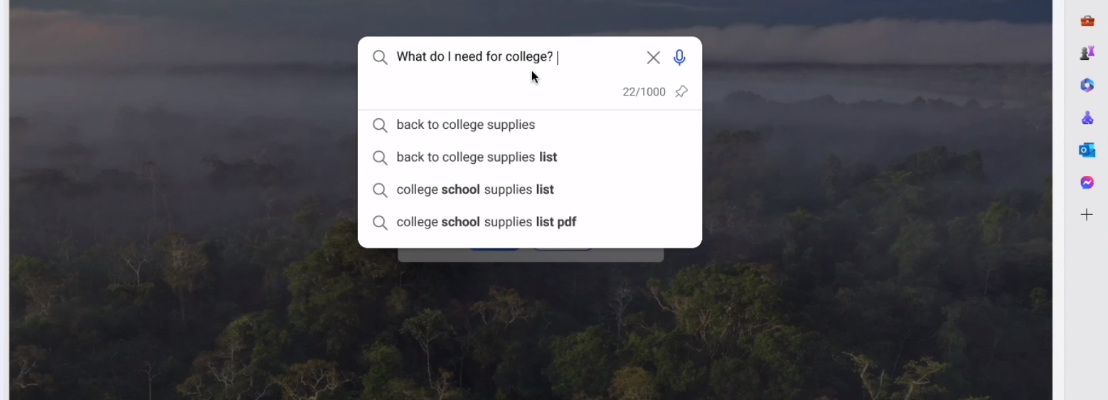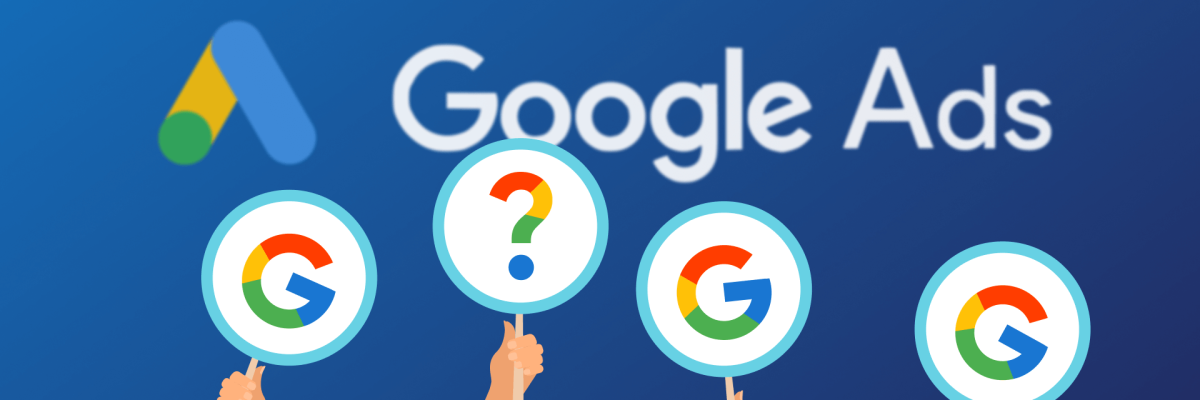Let’s read our June 2023 roundup of PPC updates! Every month, we keep you informed. Dive into the most essential PPC news and insights you might’ve missed this month.
What is marketing efficiency ratio? – Tinuiti

The Marketing Efficiency Ratio (MER) measures how much value is gained from marketing investments. It divides total revenue by total marketing cost to calculate it.
If you can find out how much revenue you make for each dollar spent on marketing, you can create more effective marketing improvements. For this reason, a high MER indicates the most profitable marketing result. Otherwise, you may need to change or enhance your strategies. That is, using MER can be helpful for more effective marketing decisions.
Read on Tinuiti
“Google Ads postpones data-driven attribution switch to mid-July” by Search Engine Journal

Google will remove selectability of first click, linear, time decay, and position based attribution models for all conversions in Google Ads beginning in mid-July.
They put forward incompatible with today’s complex customer experiences for these attribution models. It was scheduled to be removed in June but postponed to July after marketeers requested more time. The data-driven attribution method uses Google’s machine learning to figure out which ads have the most effect on leading to a sale. Accuracy, adaptability, automation, and cross-compatibility are the benefits of data-driven attribution.
Read on Search Engine Journal
“Google Performance Max adds Store Sales reporting, bidding” by Search Engine Land

Google has announced some improvements to its Store Sales reporting and bidding capabilities. Thus, marketeers can increase their offline sales in Performance Max campaigns.
Google has launched new features to assist advertisers in comprehending omnichannel shoppers. With Store Sales, marketers can effectively estimate total online and offline sales, boosting omnichannel ROAS and increasing offline sales. And Store Sales improvements include smart bidding for better sales conversions, aligned reporting understanding of store visit-to-purchase rates per campaign, and combined ROAS calculations for online and offline conversions.
Read on Search Engine Land
“Bing adds new AI-powered shopping tools” by Microsoft

Microsoft has introduced new AI-powered shopping tools on Bing and Bing Chat, including new price match monitors, AI-generated buying guides, and review summaries.
These all-new improvements aim to help users shop and save with confidence. With “Price match monitors,” you can request a price match from the store if the price changes post-purchase. “AI-generated buying guides” provide product suggestions and specifications. So you can make better product comparisons. And “review summaries” offer an AI-generated analysis of customer feedback about a particular product.
Read on Microsoft Bing Blogs
“ChatGPT for Google Ads: How to enhance campaign creation” by Search Engine Land

Using ChatGPT’s potential, you can create more effective Google Ads campaigns. Proper use will simplify your campaign creation process, from targeting to content writing.
Although powerful, it’s important to fine-tune prompts for accurate outputs, critically evaluate suggestions, and align them with your brand identity.
You can get insights about:
- Target demographics
- Audience segmentation
- Competitor analysis
- Industry-specific keyword
- Optimal ad group structures
- Negative keywords
- And more.
Read on Search Engine Land
“Looker Studio releases GA4 connector update with 170 new fields” by Martech

Looker Studio has released a significant update with 170 new fields. However, you should refresh your GA4 data source to access the new data.
These new fields allow users to create detailed Looker Studio reports. However, you may only have access to some new filed depending on how many conversion events you have in your account. How to get access to new fields:
- Click on Data Sources in your Looker Studio account.
- Select the GA4 source to update.
- Select the Refresh Fields button.
- You’ll see all the new fields.
- Click on “Apply.”
Read on Martech
“Publishers’ group warns that generative AI content could violate copyright law” by Marketing Brew

Major publishers, including the New York Times and Washington Post, Disney, and NBCUniversal, warn that AI tools could break copyright laws.
This group, known as Digital Content Next, states that unlicensed use of copyrighted content in AI systems could exceed what is legally allowed as “fair use” according to existing laws. Besides, AI tools may use content behind paywalls and cut into website traffic without proper compensation or attribution to the original publishers. Clearer regulations and more transparency are needed. They believe AI significantly impacts the media and want to ensure fair negotiation and compensation. One more: If you want to check whether your content is AI-generated, read this article.
Read on Marketing Brew
“Implement Smart Bidding and Broad Match for lead generation PPC” by PPC Live UK

Understanding your business, audience, and goals better brings success to your PPC advertising efforts. With a clear roadmap, you should effectively use smart bidding and broad match for lead generation.
First, set up conversion tracking to see how your campaigns are performing. Then, utilize broad-match keywords to reach a larger audience. Automated bidding strategies, especially Google Ads’ smart bidding, can optimize your efforts using AI. And start with smaller campaigns to test. Make sure to establish a feedback loop for ongoing learning and campaign improvement.
- Phase 1: Gathering data
- Phase 2: Refining data
- Phase 3: Optimizing data
- Phase 4: Cleaning data
Read on PPC Live UK
“5 tips for effective PPC bidding on a budget” by Search Engine Land

Here are practical tips to maximize your ROI and drive growth with a small budget.
PPC advertising is for everyone. If you play tactical, you can increase brand awareness and sales. Also, businesses with larger budgets can consider these suggestions and avoid unnecessary spending. If advertisers aren’t careful, they can overspend on advertising efforts.
- Set clear goals and base the account around them
- Make your campaigns simple and specific
- Use long-tail keywords
- Keep your location targeting limited
- Don’t set it and forget it
Read on Search Engine Land
“85% of Gen Z says social media impacts purchase decisions” by Retail Dive

According to the report published by the International Council of Shopping Centers, 85% of Gen Z say that social media affects their purchasing preferences.
Gen Z has become a much more critical audience for marketeers as they graduate from school and start their first full-time job. 45% of respondents state that Tiktok and Instagram are the most effective social media platforms. They also stated that 48% shop more at discount or discount stores. Again, according to the same research, important details:
- A hassle-free payment process
- Instant in-store availability
- Free returns
- Fast and helpful customer service
Read on Retail Dive

